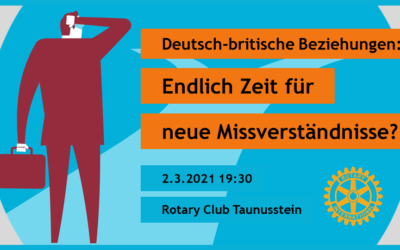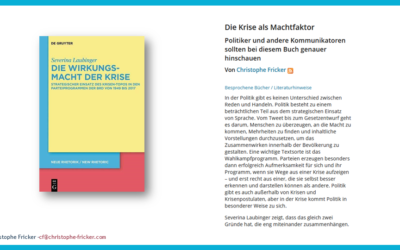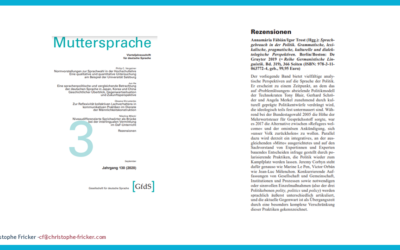Anglo-European relations
need a new language (and a bit of love!)
Born to Franco-German parents, I am a child of Europe. After more than a decade in the UK, I dream of one day developing a sense of humour! Analysing the language of Brexit I am struck by the extent to which Leave has come to dominate public discourse, from individual word choices to grand narratives. Peace and prosperity in Europe – on both sides and across the Channel – are in need of a language that is vivid, heartfelt, truthful, and brave. From my European home in Britain I support centrists in their fight against cynics.
Als Sohn einer deutschen Mutter und eines französischen Vaters bin ich ein Kind der europäischen Einigung. Nach zehn Jahren in England klappt’s sogar mit dem Teetrinken. Im Zuge meiner Analysen zum Brexit staune ich, wie sehr die EU-Gegner den Diskurs dominieren. Das europäische Friedensprojekt hat eine Chance, wenn es mit dem Herzen spricht – mutig und wahrhaftig. Kämpfen wir gemeinsam für die Mitte und gegen den Zynismus!
Key publications
Brits are people, citizens are from abroad and foreigners will kill you, RSA Blogs.
‘Our borders’ and the ‘Irish backstop’, RSA Blogs.
Regular reviews of new books on power, nationalism, migration, and inequality at literaturkritik.de.
PERSPECTIVES
Vortrag: Deutsch-britische Beziehungen nach dem Brexit
Deutsch-britische Beziehungen nach dem Brexit — mein Thema in einem aktuellen Vortrag. Beispiele für Missverständnisse und ein Plädoyer.
Politische Krisenkommunikation
Unternehmen sollten ein Auge auf die politische Krisenkommunikation werfen, findet eine neue Studie. Ich habe sie mir genauer angesehen.
Angela Merkel’s language
5 years after ‘Wir schaffen das,’ linguists have produced two fascinating analyses of the details of Angela Merkel’s language.
CASES
Strengthening communities through changes in language
“What’s the link between innovation and personal relationships?”
This was a fascinating project in which my client had a very specific problem, but chose to ask me a rather broad question. Much of my work was finding out more about pain points in the company, which were based on wide-spread misunderstandings of terms in their guidance documents.
“Who’s an expert on health?”
Research for a large public institution revealed that very often in debates around health the issue is not information as such but the status accorded to those who may possess it. Discourse analysis informed by theories of knowledge provided a solid basis for new forms of stakeholder engagement.
BOOKS
COURSES
COLLABORATORS, FUNDERS, VENUES
